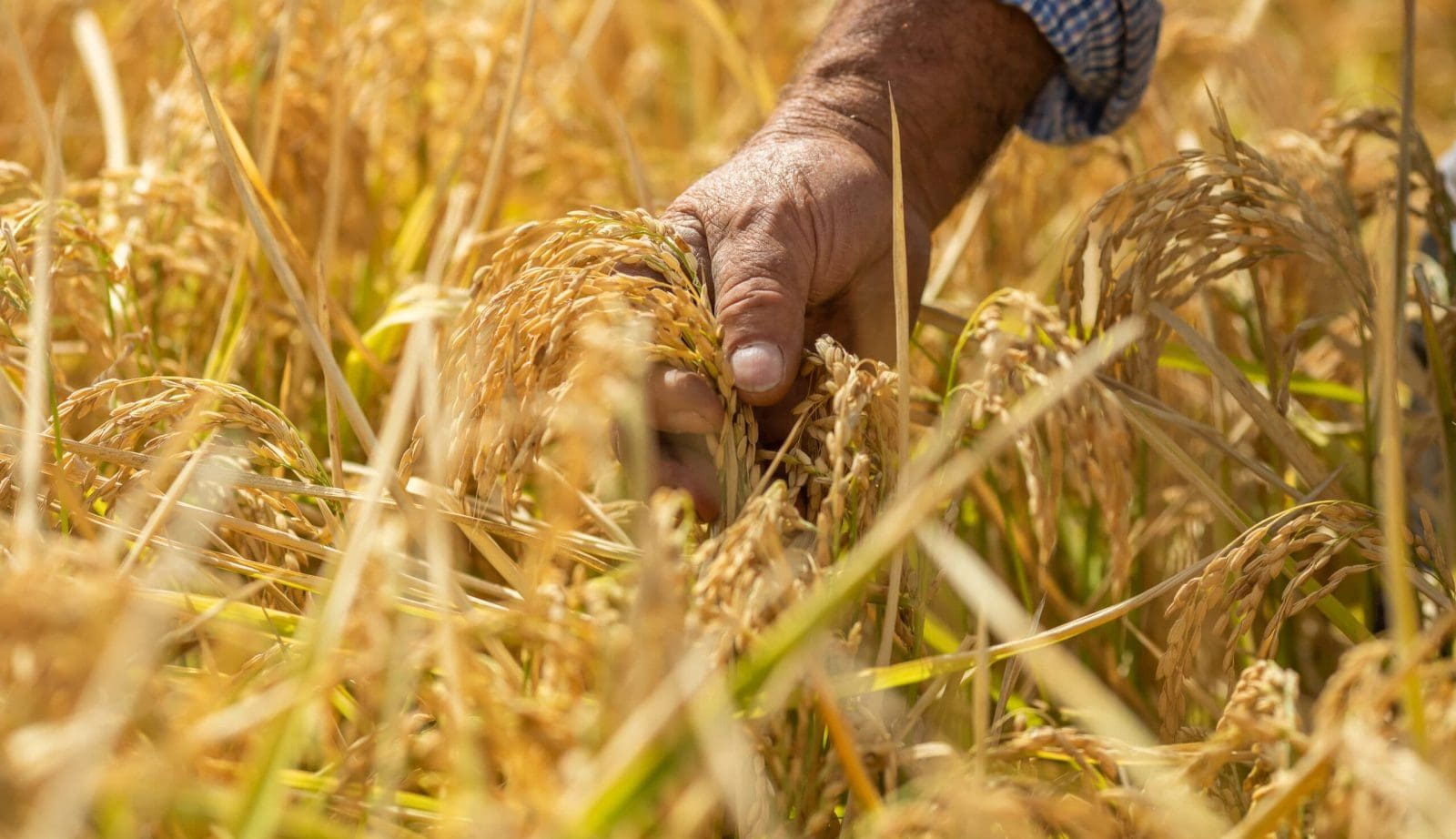
The passing of the legislation has kicked started the process to deregulate the NSW rice industry. Photo: AgriFutures
LEGISLATION to remove rice vesting in New South Wales has passed parliament unopposed, with industry players already signalling future investments in the soon-to-be deregulated sector.
The legislation, named Rice Marketing Amendment Bill 2024, ends the statutory control of rice-export marketing arrangements, and will diversify selling options for rice growers.
Currently, SunRice has the sole export licence and dominates the rice production, distribution and marketing supply chain.
From September, the Northern Rivers rice-growing region of NSW will no longer be restricted by the current vesting arrangements, and from 2024-25, their rice will be allowed to be sold into domestic and international markets without restriction.
Vesting for the southern NSW growing region will end by 1 July 2025, making the 2025-26 crop the first to be free to export without vesting arrangements.
Minister for Agriculture Tara Moriarty said the legislation follows consultation with the industry.
“Our government recognised things needed to change for NSW’s rice industry, after listening to the rice industry growers from across the state in both the Northern Rivers and in the Riverina,” Ms Moriarty said.
“I am proud to say we have delivered what rice growers and the industry requested was in their industry’s best interests, making it easier to get this world-class rice into global markets.”
LNP critical
Tabled in the NSW Legislative Council on June 6, the bill passed the Legislative Assembly on Wednesday night.
Although no party voted against the legislation, the Liberal National Party argued that the NSW Government failed to engage with industry members and ultimately ignored their advice.
LNP Member for Dubbo Dugald Saunders said, while the LNP would not t oppose the bill, “it does not necessarily mean that we believe it is the best outcome for industry”.
He said it appeared as though industry and growers had “no other choice” but to accept the end of rice vesting, even though there was strong support for the system to continue.
“Overall, the lack of direct engagement with the Ricegrowers’ Association, or in fact any rice‑related stakeholder group, has been disappointing,” Mr Saunders said.
“It sends a clear message that this decision was not made by stakeholders from the rice‑growing district; it was made by the Minns Labor Government from 52 Martin Place, and the industry is having to deal with it.”
Rice grower and Independent Member for the Murray Helen Dalton, whose electorate produces 98 percent of Australia’s rice, said it was the right time to deregulate the industry as the rice market had changed.
She called out the mismanagement of water by “successive state and federal governments” as the key factor behind the need to change the marketing system.
“This mismanagement has put unnecessary pressure on farming families and has played a significant role in where we find ourselves today,” Ms Dalton said.
Ms Dalton said she ultimately opted to support the legislation after receiving assurances that funds from the winding-up of the Rice Marketing Board will be reinvested in the industry.
Industry reacts
In response to the news, RGA president Peter Herrmann said the legislation marked the end of a 100-year period, but would herald “a new era for the Australian rice industry and for our members”.
“Although the change is not in keeping with our historic policy position, the RGA believes the removal of vesting arrangements can provide new opportunities for Riverina rice growers as we traverse economic and federal water-reform challenges,” Mr Herrmann said.
“We thank the Minister for collaborating with us once the findings of the ABARES report had been considered.
“The RGA looks forward to ongoing engagement through the Stakeholder Reference Group to ensure a smooth transition brought about by this Bill.”
SunRice Group chair Laurie Arthur said the company now considered “on balance” that removing vesting was the right decision for the industry.
“To retain a strong rice industry, and to maximise returns for our growers in Australia, we consider that a dynamic and flexible model now makes better sense for the industry and provides greater certainty into the future in light of the Federal Government’s water reform agenda,” Mr Arthur said in a statement to the ASX.
New opportunities
The passing of the legislation provides more economic opportunities for rice growers in the Northern Rivers region and smaller businesses operating alongside SunRice in the Riverina.
One company, Nice Rice by Honestly Riverina, proposes to construct a rice mill in Jerilderie.
Founded in 2021 and based at Finley, Honestly Riverina currently produces and packages lines featuring medium, long-grain, jasmine, and brown rice and sold in supermarkets.
The company has lodged a development application to construct a produce mill and storage shed, bulk storage silos, weighbridge and associated infrastructure at a site almost 2km east of the Jerilderie town centre.
The facility will feature 18 drying and four feed silos with a total storage of 18,000 tonnes, a husk room, a dust and barn room and the main husking and milling section.
According to the application, Honestly Riverina intends to commence rice deliveries in the second year of operation, anticipated to be in 2025, with a maximum of 6000t processed at the site.
It is projected that this would be doubled in 2026 and the following years until maximum capacity is reached.
Grain Central: Get our free news straight to your inbox – Click here

HAVE YOUR SAY